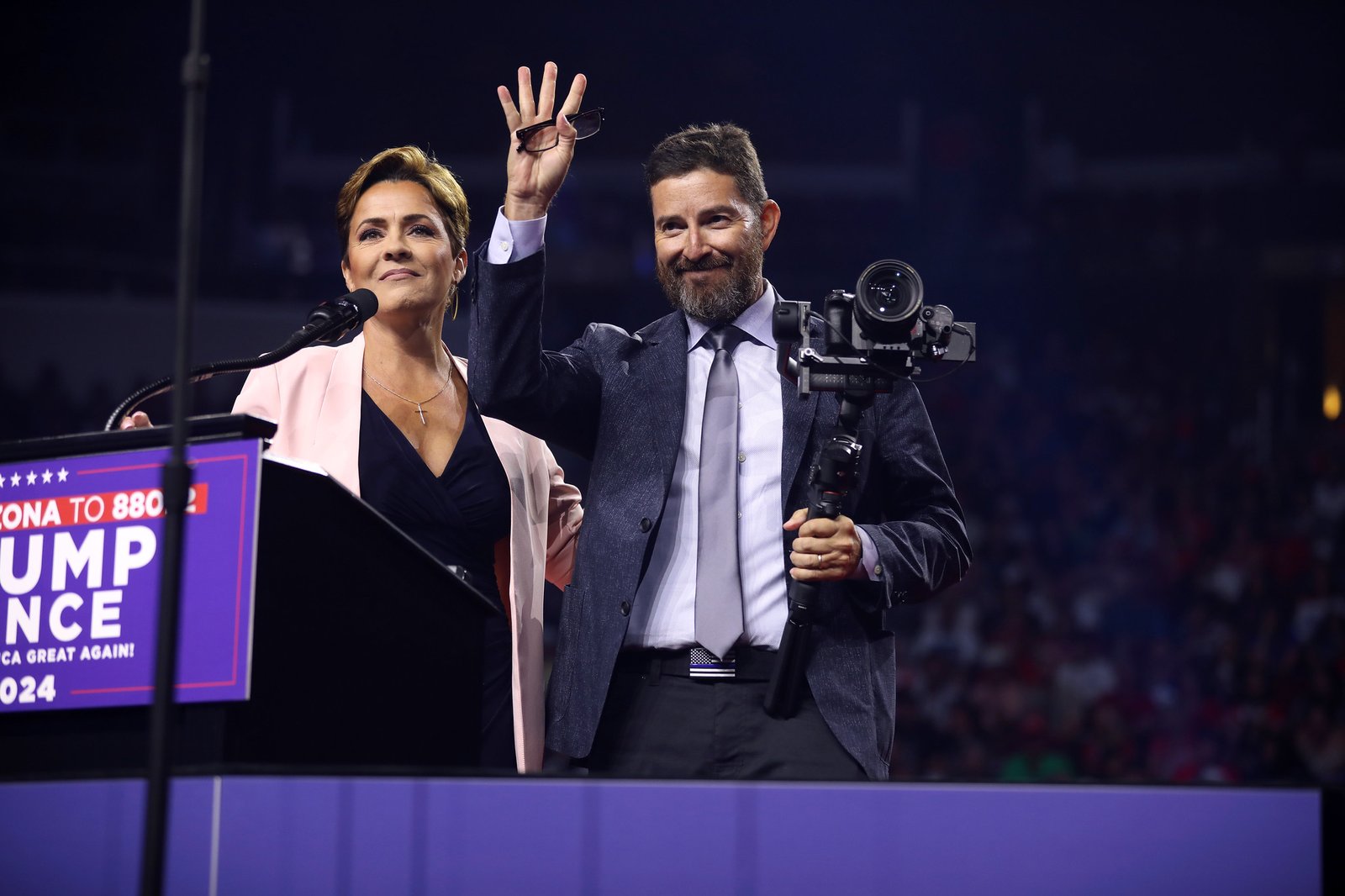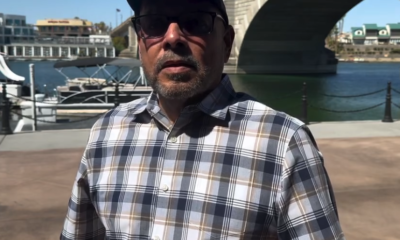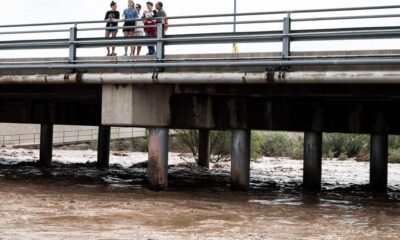#AZSEN
Kari Lake Edges Toward Concession in Senate Race While Husband Seeks Dismissal of Defamation Case

Kari Lake, a prominent figure in Arizona politics and known for her controversial stance on election results, appears to be adjusting to her defeat in the recent U.S. Senate race against Congressman Ruben Gallego. Despite her previous claims during the 2022 gubernatorial election, where she failed to concede, Lake is now facing the implications of her loss in a more subdued manner.
Two days after the race was called in favor of Gallego, Lake took to social media to signal the end of her Senate campaign. In a video posted on X, formerly Twitter, she expressed her commitment to her supporters and the truth, though she stopped short of conceding. The Gallego campaign has indicated that she has yet to reach out with a formal concession.
The timing of Lake’s message coincided with her husband filing a motion in court seeking to dismiss a defamation lawsuit linked to her refusal to accept the outcome of the 2022 gubernatorial election. This legal action was initiated by Maricopa County Recorder Stephen Richer, who accused Lake of making defamatory statements regarding the conduct of the 2022 election.
Lake, whose gubernatorial campaign was heavily funded by the Save Arizona Fund—an organization she controls—has consistently alleged without evidence that Richer facilitated electoral fraud. Her claims regard the counting of early ballots and persistently suggest that her election loss was engineered. Court rulings over the past two years have dismissed her allegations, leading to consistent legal setbacks.
In March, Lake defaulted on the defamation case, inadvertently admitting that her claims against Richer were unfounded, even as she maintained her position publicly. The court’s current focus is on determining potential damages, with Richer seeking reimbursement for security expenses incurred as a result of threats linked to Lake’s statements.
As the case progresses, Lake’s defense team argues for its dismissal, citing Richer’s failure to adequately quantify alleged damages. They argue that his reputation was already in decline due to previous conflicts before Lake’s accusations surfaced. This has led to a contentious back-and-forth over evidence and the credibility of claims made by both parties.
Richer’s allegations of harassment and threats are documented, yet Lake has continued to raise his name in her public appearances, maintaining a narrative of electoral injustice among her supporters. As both sides dig in, legal experts note that the outcome may depend significantly on how each party manages their cases in court moving forward.
As hearings near, Lake must provide clarity about her campaign’s communications, including whether any emails related to her statements were appropriately preserved. A pretrial conference is planned for early 2025, with jury trial proceedings to determine damages expected to follow.


















